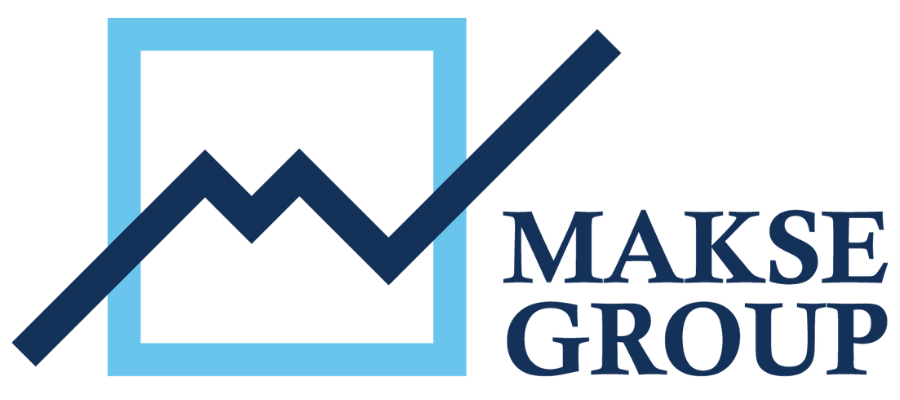Workday® in the Healthcare Industry
When it comes to the healthcare industry, there are a lot of moving parts. To provide quality patient care, there must be a well-oiled machine working behind the scenes. That’s where Workday comes in.
Workday is a leading provider of enterprise cloud applications for finance and human resources. With the healthcare industry projected to grow in the coming years, Workday is well-positioned to help support this industry’s growth with its efficient and effective solutions.
In this blog post, we will explore how Workday is helping to shape the healthcare industry for the better. From improving patient care to reducing costs, read on to learn more about how Workday is making a difference in the healthcare industry.
What is Workday?
Workday is a cloud-based software application that provides human resource and financial management solutions for organizations. The application is designed to help organizations manage their workforce and finances more efficiently and effectively. Workday provides a comprehensive set of tools for managing employee data, tracking employee time and attendance, managing payroll and benefits, and more. The application is also equipped with robust reporting and analytics capabilities, which allow organizations to gain insights into their workforce and make better business decisions.
How is Workday being used in the healthcare industry?
There are several reasons why Workday is gaining popularity in the healthcare industry. First, the software is highly configurable, which means it can be customized to meet the specific needs of each organization. Second, it is designed to be easy to use, which helps to reduce training costs and time. Finally, Workday provides several advantages over traditional on-premise software, such as lower costs, scalability, and flexibility.
As the healthcare industry continues to face challenges related to cost, quality, and access, Workday will likely play an increasingly important role in helping organizations meet these challenges.
What are the benefits of Workday in healthcare?
One of the biggest benefits of Workday is that it helps to improve communication and collaboration within your organization. By bringing all of your employees and systems into one central platform, Workday makes it easy for everyone to stay on the same page and work together effectively. This can lead to better patient care, improved employee satisfaction, and increased efficiency across your organization.
In addition, Workday can help to reduce costs within your healthcare organization by automating tasks and improving workflow. Workday can help you free up time and resources that can be put towards other areas of your business. This can lead to increased savings and improved bottom-line performance.
Are there any challenges with using Workday in healthcare?
One of the biggest challenges with using Workday in healthcare is the compliance factor. Healthcare organizations are subject to a variety of regulations, such as HIPAA and HITECH, that dictate how patient data must be managed. Workday does not have built-in compliance features, so organizations will need to develop their own compliance procedures or use third-party software to ensure that they meet all the necessary regulations. This is why it is important to choose a Workday integration partner that understands your organizational needs.
How Makse Group Can Help
Healthcare organizations are under immense pressure to improve patient outcomes, reduce costs, and adhere to strict regulation. Workday provides a comprehensive, cloud-based solution that helps healthcare organizations manage all of these aspects of their daily operations, but compliance can be a challenge when implementing and integrating the software. This is where Makse Group excels! We offer extensive Phase X Implementation services, including End-User Training, Data Conversion, and Testing Support. If you're interested in learning more about how Workday can help your healthcare organization, contact Makse Group now to talk to a Workday expert today.

